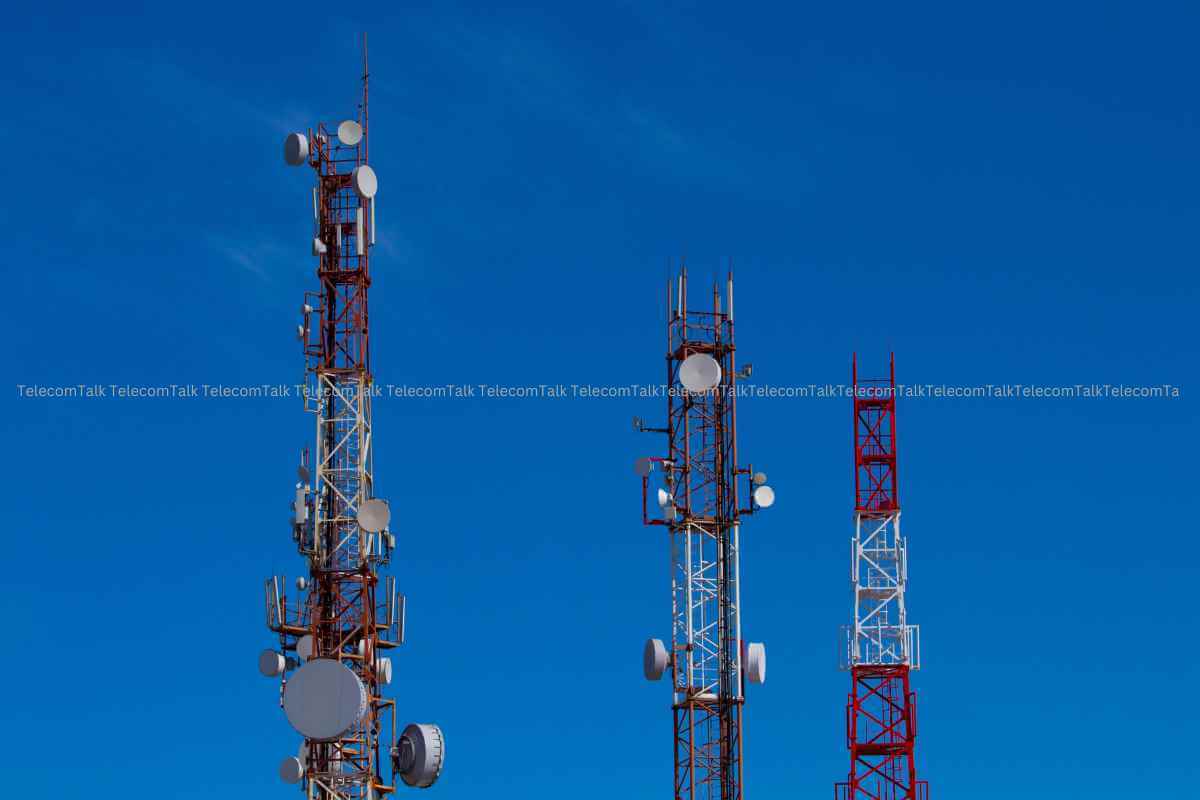
In a significant move, Union Communications Minister Ashwini Vaishnaw presented the Telecommunications Bill, 2023 in the Lok Sabha on Monday, aiming to overhaul the outdated Indian Telegraph Act that has governed the telecom sector for 138 years. The bill, which received Cabinet approval in August, seeks to usher in a new era of regulatory framework for the rapidly evolving telecommunications industry.
Also Read: DIPA Makes Debut at IMC2023, Showcasing the Role of Infrastructure Providers
DIPA Applauds Telecom Infrastructure Support
Applauding the introduction of the Telecom Bill, T.R. Dua, Director-General of the Digital Infrastructure Providers Association (DIPA), expressed the telecom infrastructure industry's support for the proposed legislation. The bill addresses key issues, bringing much-needed uniformity in Right of Way (RoW) rules and regulations across states, as well as setting standardised rates.
Addressing Pain Points
The provisions in the bill tackle longstanding concerns of telecom infrastructure providers, including the capping of charges, deemed approval processes, and the deployment of telecom infrastructure on private property. Notably, the bill emphasises the continuity of authorisation, ensuring the continuation of existing rules, guidelines, and administrative orders.
Also Read: Telecom Infrastructure Providers Facing Hurdles for Faster 5G Rollouts: DIPA
Safeguarding Digital Infrastructure
In a bid to safeguard digital infrastructure, the bill stipulates that no public entity can take coercive actions against telecommunication networks without permission from a Central Government authorised officer, except in cases of natural disasters or public emergencies. Importantly, the legislation clarifies that telecommunication networks are not considered part of property for transactions or tax purposes, alleviating the infrastructure industry from additional tax burdens.
In conclusion, DIPA said the bill will certainly ease the process of doing business and reduce compliance burdens, aiming to create a conducive business environment. Additionally, stakeholders anticipate that the bill's provisions will contribute to the realization of the ambitious goal of "Broadband for All."














